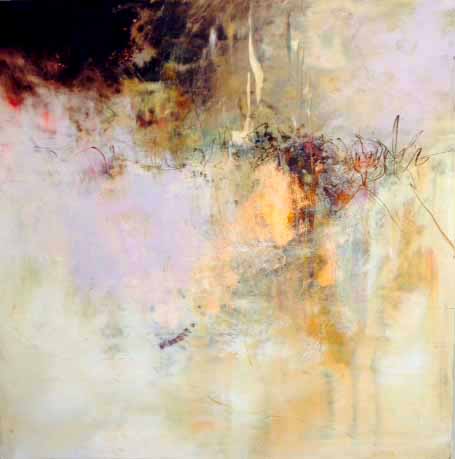
Enveloped by spring’s benevolence, the house has lost its chill. I’m sitting at the computer in the once frigid basement looking up how to load a gun and the best way to shoot so that I actually kill myself rather than paralyze my body for life. Silence surrounds me. The kids have just left for school. April has passed, but still—we must be in a cruel month because the light hasn’t penetrated. It’s as though a never-ending winter lurks beneath a superficial glow.
In the midst of these daily investigations, I drive myself to a free, community training on how to reach out to suicidal people. Maybe I want to heal from this illness of death, as I’ve come to call it. Maybe an insight will hit me when I listen to the social workers giving their spiel.
A man and a woman hand out booklets and fire up a Power Point. We role-play, and I get to be the one talking a fictitious, bankrupt farmer out of killing himself. I ask the polished and gentle counselor posing as farmer, “Do you have a plan?” And maybe I’m talking to myself.
When I get home, I leaf through the booklet and google Kevin Hines, the man mentioned at the training who jumped off the Golden Gate Bridge and survived to tell his story. “Suicide is never nor should ever be the answer.” Maybe I’m on the path to healing.
Healing, never cured. Recovery as unfinished work, like laundry or weeding.
Show me the shades of suicide. I don’t mean actual suicide but the thoughts of going through with it. One is bright but fades quickly, the fleeting idea, crimson turning pink then blanching. The dire attempt stains slowly like the indigo of dungarees.
How old was I when I tried to tie my first noose, and my brother found me out.“You’re not really going to do that”? Rolling his eyes, deflating my momentum.
My aunt also has a brain that betrays her and sends her into darkness, but she has never thought of suicide. “You have to be that type of person deep down.”
Pre-wired? Like an alcoholic? Suicide always sounded like a good idea to me. “Just do it, Hamlet!” I goad from the sideline. I knew, before I ever heard of Nietzsche, that the “thought of suicide is a solace.”
You have to want it to heal, and, I never wanted it. The world seemed heavy, and suicide light when I tried it for real the first time.
I have one foot on the gas pedal and one on the clutch. The garage door is closed, nobody’s awake in the house. I’ve eaten a full-sized Snickers bar without worrying that it will make me fat. I’ve also eaten a Pop-Tart. I won’t have to go running to burn off the calories. The maddening game with food and weight will be over.
As I wait for unconsciousness to overtake me, I remember the moment after the collision last week. My father is getting out of the car. The other driver is apologizing. “I saw you, but couldn’t stop in time.” I have just tried to make a left because I heard my father say from the passenger’s seat, “OK.” He meant, “Wait.”
My fault. No one is hurt. It’s just some dents. My father doesn’t even raise his voice at me. Accidents happen, especially when you just have your learner’s permit.
But, really, I deserve to be punished. In science we learned how the body takes in carbon monoxide easily, readily.
What saves me is a stab of sentimentality. I think of my mother. Tenderness and sadness command Enough! Also my leg is tired of holding in the clutch for an hour. Inexperienced driver that I am, I hadn’t thought of putting the Toyota in neutral. Behind my field of vision float purple splotches. I take the key out of the ignition, walk inside the house and collapse onto the couch. Fumes have slipped through the side door and filled this space my mother calls “the family room.” Later she tells me, “Cuddles was staggering.” Our mutt must have breathed the gas, and having a small body, became more intoxicated than I was.
In the arms of a counselor, who says people need more hugs, I smell the wool of his sweater, and am relieved when he pulls away. He’s supposed to be helping me, but soon he will analyze my parents’ marriage, and they will go to the sessions alone, baffled but obedient, trying to do their part to cure me. Every visit, he asks, “What is a happy family?” believing all troubles of youth can be traced to an unhappy home life. He calls anyone who would try suicide “selfish.” I think, “Isn’t it a good thing to do away with a daughter who only makes mistakes?”
Remission—a sending back or away. There were quiet times when I didn’t think once of killing myself, as if I decisively sent the illness away. Moments when my parents could sigh and say, “It was just a phase.”
I didn’t really send it away, but found substitutes for the illness. A sober alcoholic takes up street drugs. An eating anorexic takes up drinking. The obsession with suicide relented when I learned to cut myself.
I’m pressing the blade of a Swiss Army knife against my wrist, toying with the idea of bleeding to death. It’s the day before Valentine’s Day, and I fear no one besides my mom and dad will ever love me. By love, I mean pay attention to, send a flower to, prove I’m special because I think that’s how a person becomes real, some lesson I have perverted from the Velveteen Rabbit. I can’t seem to wield the knife with enough force. I only make a scratch. But the neat line of blood that appears on my wrist holds my attention.
I see a myriad of meanings in this red slit, but I can’t decipher them all. Understanding might lead to healing. I just want destruction. I make a second scratch and a third.
Knives give way to razors, then scissors, and one day fire. I still haven’t tried to understand it. I slash and burn because it feels good. There is pain, but it feels like relief. The irrational, the rational—none of this concerns me. To me it’s all bright red redemption.
What comes to replace self-mutilation? A darkness I can’t staunch in my twenty-first winter. I drop out of college and move in with my parents. I eat their food all day when they are at work. When I’m not bingeing, I lie on the couch. I want to stop putting everything in my mouth. My body gets heavier each day. The darkness is a broken levy. It gushes into my daylight. I open the Bible to Job and kneel on the living room floor. My face falls into the book. I sleep. I wake in a puddle of drool on the tissue-thin pages.
The “thought of suicide is a solace,” and in the mind of desperate person, it is the only way to stop the rising darkness. Now they have taken away my comfort in this hospital room with this tube shoved in my nose and this IV plugged into my wrist. I am forced to drink literal darkness in the form of liquid charcoal. The nurse explains, “It will bind with the poison in your system and take it out.” That is, it will let me live. I might be dead by now from the overdose I’d planned, but my mother called the house, and, stupidly, I answered the phone, sounding terribly drunk.
Even as I write about recovering from the illness of death, I still have the fantasy: End it all. Have I never been able to heal because I believe I can’t live without do-it-yourself respite? The escape pod has to be there when the Imperial troops are blasting the hell out of the rebel ship. R2D2 is the one with common sense, isn’t he? The droid who knows how to get out of a bad situation, not caring that the pod may land on some desolate planet, is the robot we love.
One day, still not knowing what cutting and burning meant, I fought the urge. It was the first time I wanted to heal. Maybe it was a way to grow up.
Because of a misunderstanding I hadn’t shown up to meet my father when he took my mother for a consultation with her oncologist. “Where were you? We waited!” Rare for him, this anger animating his words. Could I apologize and would that be enough? No, I had really screwed up.
The cutting would have taken the guilt and turned it into something clean. That much I knew. But for the first time in more than a decade, I didn’t reach for a blade. I let the ugly feelings come and cover me like a huge wave. I felt myself drowning. I was outside of my head, outside of the house in my father’s yard with my baby boy. I stared at the ocean green of the lawn, at the railing of the steps. Anything to keep from falling. It was unbelievable to me that the wave would recede, but die it did, and I hadn’t even touched the razor.
Now I was forever healing from the cutting and burning. I wanted it, and health could return.
Trickier to fight was the constant and sick urge to be thin. Finally I said yes to it at the expense of my health. As a mother of four in the middle of life, I refused to eat all but non-fattening food and learned to distract myself when I was hungry, making lists of forbidden foods or doing housework. The shorts that were too tight in the spring fell off my hips and slid to my ankles by the end of the summer. There should have a been a voice. You can stop now. But there wasn’t, or I didn’t want to hear it.
The doctor tells me I have to gain weight. “Drink two Ensures each day. That will give you 500 extra calories.” Simple as that. When I ignore her advice, she begins to scold and nag. She no longer lets me come to see her every four months for medication. Now it’s every four weeks. Finally at one visit she insists, “You must get help.” She has been known to drop patients for not complying.
The therapist, whose office is a converted bedroom of a quaint old house, wants me to heal, and she is a nice person. She keeps a glass bowl filled with dark chocolate in the waiting room. The foil wrappers are printed with inspirational messages. I seldom take one, fearing it will make me fat. I do workbook exercises for her, not wanting to write in the lines provided in the book, as if I can’t quite make the commitment to understanding my feelings and getting well. But I fill sheets of loose paper in the time between sessions, and I begin to eat more at meals.
My jeans are getting tighter. I can feel the flesh on my thighs squeezed by the denim whenever I sit. It’s a discomfort that voices itself in a whisper, then a shout: “You’ve failed. You’re out of control. Your body is about to explode.” I’m still thin, but all I can think is how a size 0 no longer fits me, and how I miss the anorexia. I miss it like a child who has died.
The plan is real this time. I’m not going to swallow pills. I intend to sneak my husband’s pistol out of the safe. I’ll never have to worry about getting fat again. When the kids are at school, I’m going to walk to the woods behind the railroad tracks.
It’s strange. A suicidal person is part bloodthirsty killer and part pacifist who couldn’t hurt a fly. I draft a suicide note, and it causes me to think of my family. My husband has a trip to Greece planned in August, which I don’t want him to miss. If I shoot myself in the head in May, I’ll spoil it. OK. Then, when he gets home from Europe. But school will be starting, and I’ll want the kids to have a good year. Maybe in October.
The counselor was right to say suicidal people are selfish, but he expressed it all wrong. “Selfish” makes them sound like inconsiderate people. They’re not. They’re swallowed by self. They have an inability to connect to the rest of humanity, a blindness to themselves as worthy the way they would see a loved one or even a stranger. To want to heal is to want to be part of the main, no longer “entire of itself.” I wanted the mother and wife to survive for her family.
To recover is to ask for help from others, but for some reason, it’s easier to enter the delicious solitude of escape. Once a psychiatrist told me, “Wanting suicide is as simple as wanting a vacation.” Just a human need to take a break, something that can be arranged. My therapist and I discussed the possibility of no longer keeping suicidal thoughts a secret.
After every serious attempt or plan, I promised myself that I wouldn’t do it again. As if I had found the cure.
Recovering is unfinished work, like growing.
Show me the shades of understanding a complex illness. First comes a vague sketch in pastel where I’m hardly a ghost. But as I go along, let my life be fleshed out and manifest in bold color, part of the web of common human need and remedy through fellowship.
Today I make no promises. The urge to take my own life will surface again and again. I know this. The best thing to do is translate the illness into healing. Wanting it. Visualizing less dramatic escapes. When disappointments are too much or darkness seems too thick, let it be a sign that I’m a person with needs, and as such I have a place in a vital network.
Laura English posts a daily blog called Eat More Life, a healing space for women living with anorexia. On Sunday afternoons, she teaches writing to people from all walks of life. Work has appeared in dozens of magazines including minnesota review, Sow’s Ear, Cider Press Review, Adanna, and Straylight. A chapbook, Graves Too Small to Be Red (Finishing Line Press) was published last year.




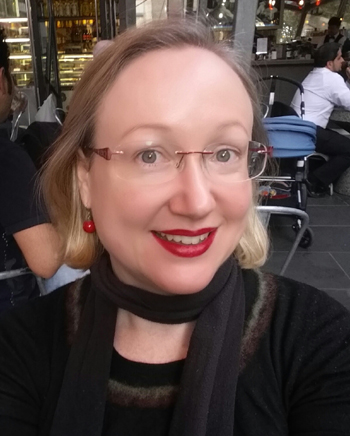 Faye Brinsmead (
Faye Brinsmead ( Jennifer Campbell (
Jennifer Campbell (

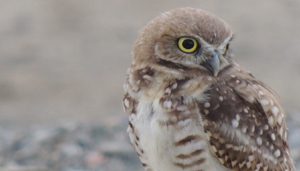 Soramimi Hanarejima (
Soramimi Hanarejima ( Ellen Tovatt Leary (
Ellen Tovatt Leary ( Ellen Lord (
Ellen Lord (

 Melissa McKinstry (
Melissa McKinstry (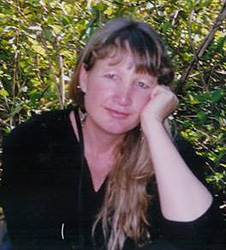 Sydney McKenna (
Sydney McKenna ( Don Minson (
Don Minson ( Cris Mulvey (
Cris Mulvey (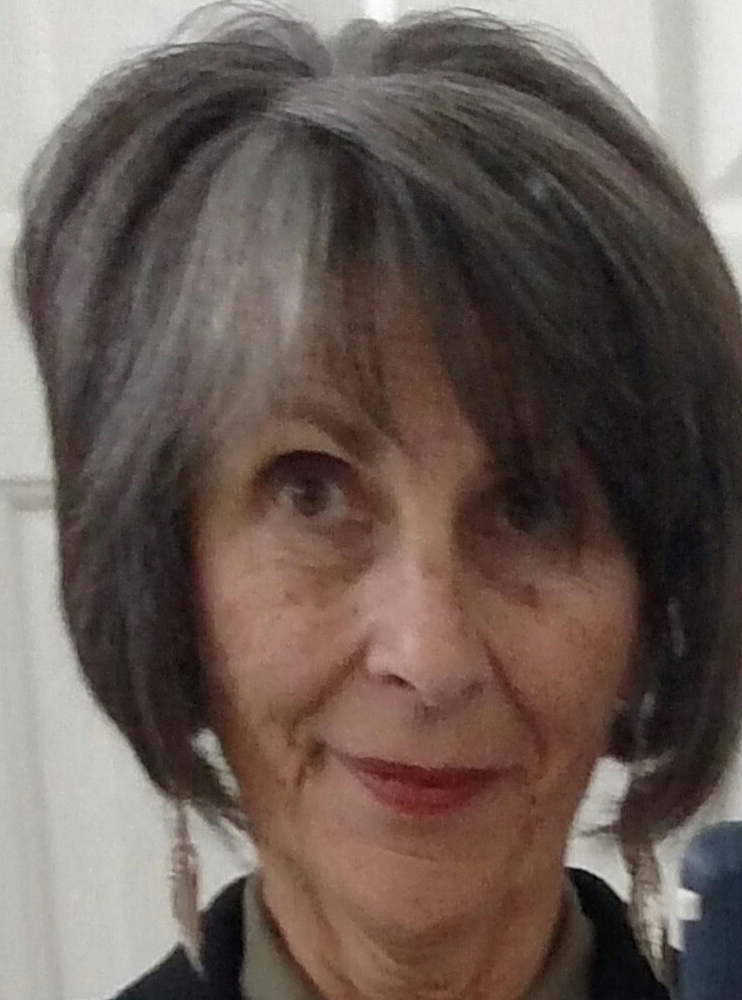 Melanie Perish (
Melanie Perish (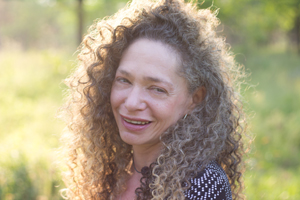 Jaclyn Piudik (
Jaclyn Piudik ( Rhema Sayers (
Rhema Sayers ( Tara Stillions Whitehead (
Tara Stillions Whitehead (

